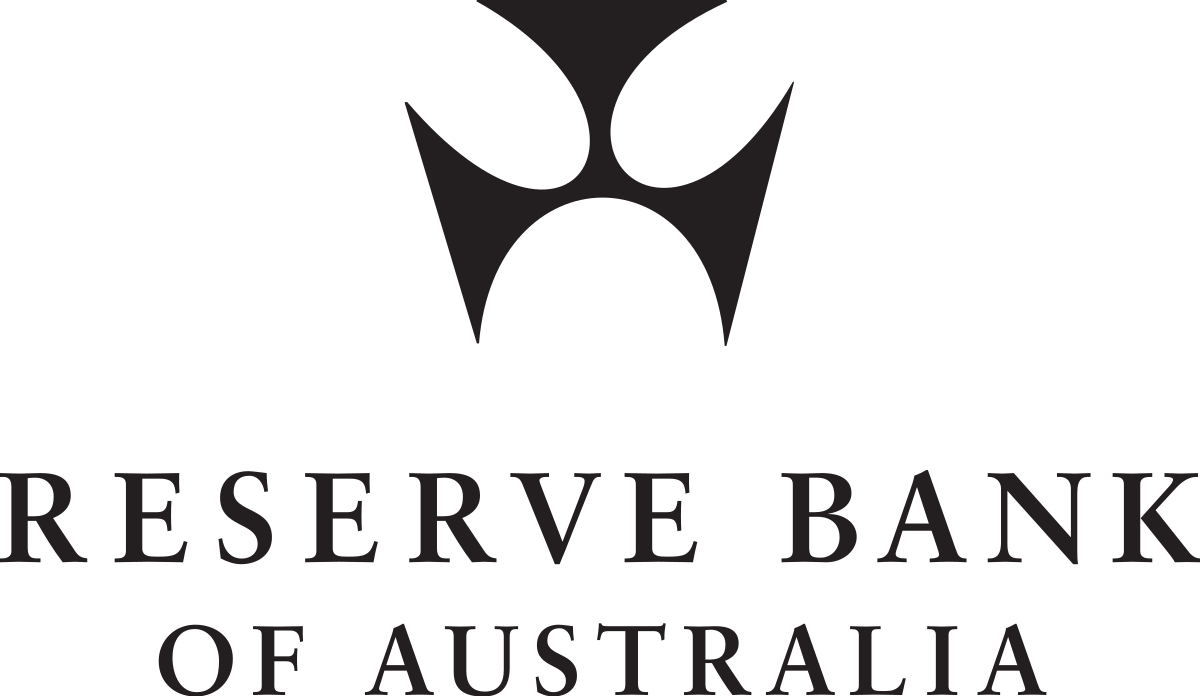The outcome of the RBA Review is likely to be a breath of fresh air through the hallowed halls of one of Australia’s most important institutions.
Many of the recommendations make sense, though there are some grounds for concern over how the new Monetary Board will operate.
Sensible recommendations include:
- Reducing the number of policy meetings to 8 per year from the current 11. Monthly meetings are simply too frequent and add unnecessary noise to the financial system.
- The creation of separate boards for both monetary policy settings and the RBA’s administrative functions also makes sense.
This would allow the recruitment of Board members with specific expertise in each area. Those who are experts in overseeing the operations of a significant organisation are not necessarily also experts in assessing the correct level of interest rates for the economy, and vice versa.

That said, there are grounds for concern about the review, mainly the appointment of six external members to the Monetary Policy Board, drawn from “experts on economics, labour markets and financial markets.”
Australia’s system of having senior business executives sit on its monetary board is unusual by global standards. Still, it did at least allow for a coal-face level of input into what was happening in the Australian economy.
To the extent more board members will come from academia (financial market economists and fund managers would have conflicted interests), there is a greater risk that policy (i.e. the setting of interest rates) will be set in an ivory tower, devoid of a real-world appreciation of the facts on the ground.
It’s also far from clear that academic economists, even so-called monetary economists, have any superior ability to form judgements on the correct level of interest rates.
The promise not to raise interest rates
The most significant criticism the RBA has faced in recent years was the conditional promise not to raise interest rates until 2024.
This promise in itself stemmed from a newly fashionable academic theory called “forward guidance” – whereby central bankers could help lower long-term interest rates, without buying bonds or so-called “quantitative easing”, by simply promising not to raise short-term interest rates for an extended period.
While nice in theory, this policy failed to account for the potentially disruptive impact on the economy if this promise then needed to be revoked due to changed economic circumstances.
Let’s not forget it was a gaggle of academic economists who also briefly espoused “modern monetary theory” or the idea central banks could simply print money to boost economic growth with limited likely inflation consequences. We all know how that turned out!

The risk of overly academic policymaking is apparent in the endless debate between targeting inflation or nominal GDP.
Perhaps most importantly, what Australia least needs are half a dozen self-important monetary academics squawking in public about what should or should not be done with interest rates.
This would add further unnecessary noise to an already noisy financial system.
The review’s recommendation that these monetary experts give at least one speech a year should be changed to ensure they provide no more than one!
More generally, one concern in the review is its implicit assumption that greater transparency – such as through more press conferences and economic forecasts – will improve decision-making, financial market stability, and public accountability and credibility.
Given interest rates are set in an inherently uncertain and changing environment, more forecasts and public communication may perversely add to financial market noise and undermine public credibility by regularly reminding us that the RBA is no better at economic forecasting than anyone else.




